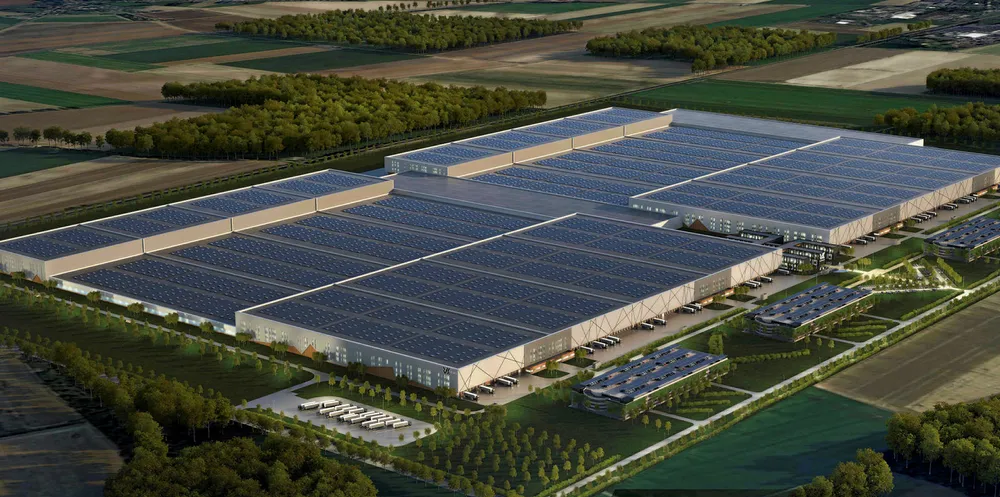French start-up emerges from stealth mode with plan to build huge battery gigafactory by 2023
Verkor aims to build 16GWh facility in France to reduce Europe's dependence on imported lithium-ion batteries

Verkor aims to build 16GWh facility in France to reduce Europe's dependence on imported lithium-ion batteries
